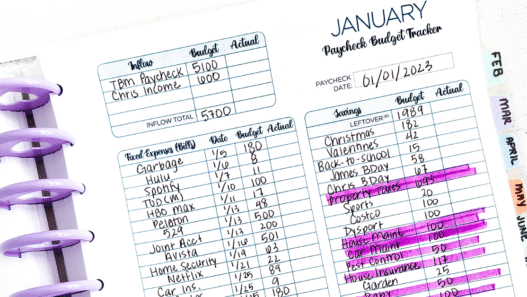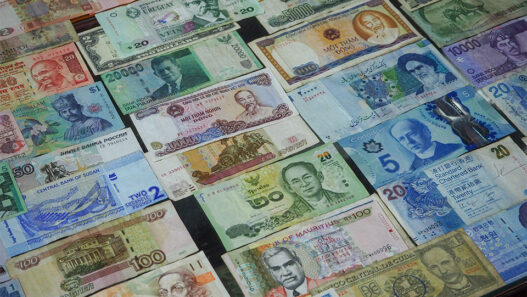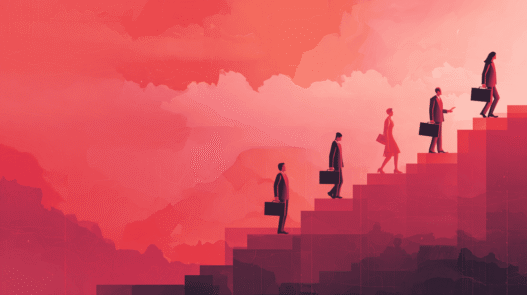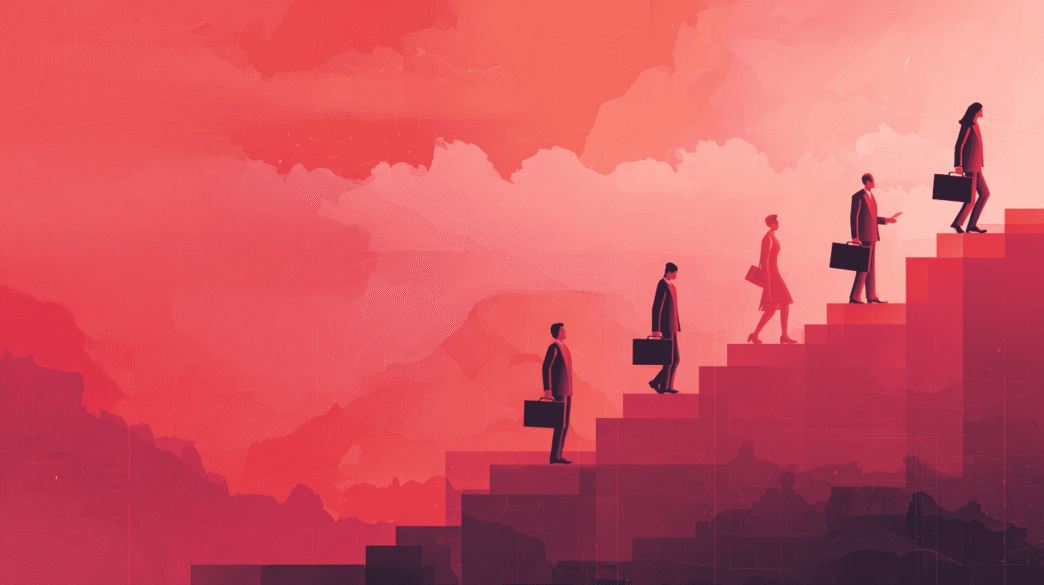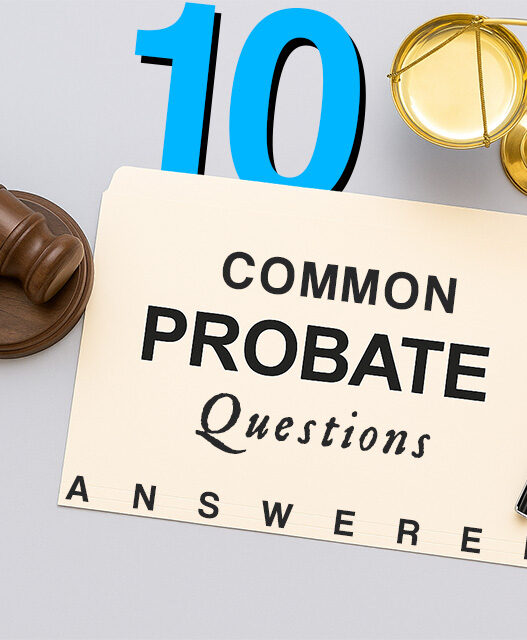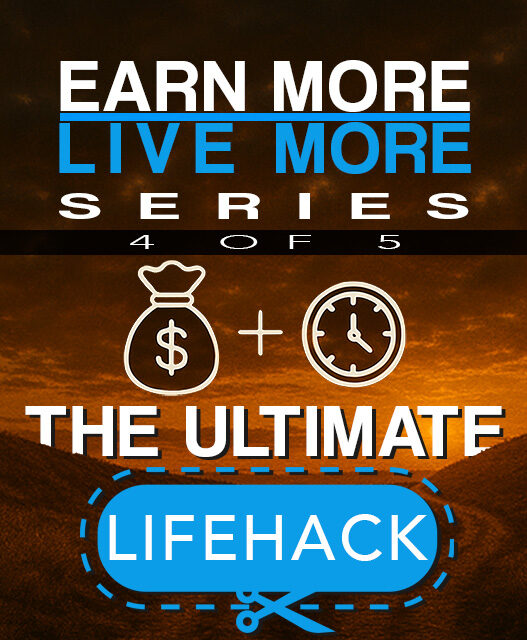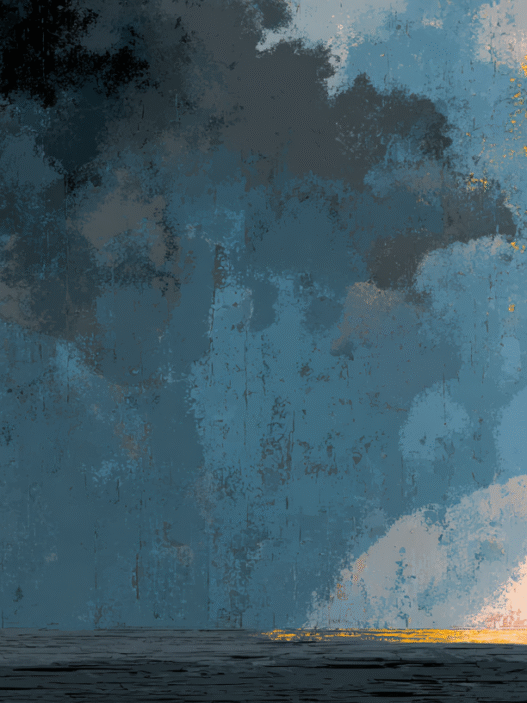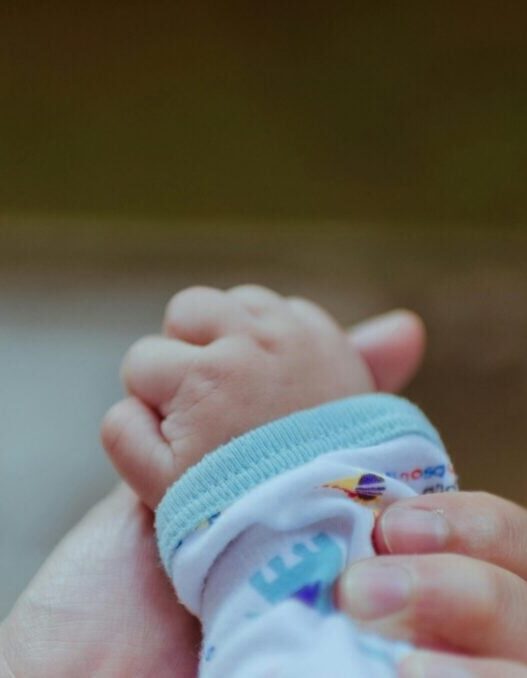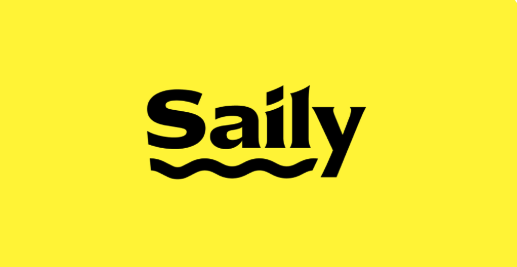Once upon a pandemic, we had an epiphany: work was killing us. We were exhausted, underslept, over-Zoomed, and living on cold brew and cortisol.
Cue the backlash – and poof! — hustle culture was canceled. Burnout wasn't noble anymore; it was a clinical diagnosis with an ICD-10 code.
Out went “rise and grind.” In came “quiet quitting,” “lazy girl jobs,” and other productivity rebrands dressed up in soft lighting, loungewear, and lots of cottagecore. (Remember “sad beige parenting?”)
Hustle culture was never canceled for doctors, but for a time, it was canceled for the general civilian populace.
Non-physicians hung affirmations on walls, blocked out calendars for midday walks, and declared boundaries for work-life balance.
And yet… Being lazy took a lot of energy, leaving everyone tired, working just as late, but at “slow hustle” and “mindful” endeavors. And building a personal empire on LinkedIn, one 3 a.m. post at a time.
Hustle culture is exhausting, and anti-hustle culture is just as tiresome. What gives?
Hustle Culture Won't Die
The language around hustle culture has changed. The uniforms have changed: brand names out, quite luxury in, and $200 leggings perniciously going nowhere.
But the hustle is alive in softened tones with a $5.99/month mindfulness app and a $300 Echo Flask Hydrogen Water Bottle (the link is there so you can go and gawk). In Hustle 2.0, no one wants to look stressed, tired, or God forbid, dehydrated.
Yet as Forbes' Amy Shoenthal points out, visible burnout was a status symbol in the not-so-distant past. She notes, “Success meant staying late, rising early, doing more, and doing it faster.”
Then, bosses wanted butts in chairs by 9 a.m. and heaped praise on those who stayed late. The optics of hard work paid dividends. Throughout much of my twenties, I would “outsit” (if not outwork) my department, and be lauded for my obvious “work ethic.”
Women, especially, were promised empowerment through hard work and overachievement, says Shoethal. Stay later, be brighter, and work harder than the men; make yourself undeniable and punch through that glass ceiling.
All this led to massive burnout, and a major course correction. Enter the era of intentional slowness and ‘tradwives‘ who bake bread and raise chickens in $900 linen aprons. Wellness influencers optimize their rest with sleep trackers and simplify their lives with a 10-piece modular wardrobe — for a $5,000 upfront investment.
It's intoxicating. Who doesn't want to believe they're worth it?
Doctors, meanwhile, are running on espresso and trauma. Not glamorous, but at least not romanticized — and somehow enough to not combust mid-shift.
And futurists even see hustle culture taking root in outer space. In Mars, a new opera from Jennifer Walshe and Mark O'Connell, an AI spaceship console morphs into a productivity-obsessed fitness instructor.
The New York Times praises this opus as a meditation on space colonization, privatized futures, and “the madness of hustle culture.”
Even in the deep void of space, there's no room for slackers.
007: Silicon Valley's Latest Productivity Kink
The 996 week (9.a.m. 9 p.m., six days a week) that futurists envision in Mars has already been banned in China. The government banned the practice in 2021, calling 72 work weeks toxic and “exploitative,” with Chinese critics likening it to “modern slavery.”
U.S. tech bros missed the memo. They're asking tech workers to replicate China's banned 996 week, and many have even replaced the 996 week with its unhinged reincarnation: the 007.
That's 007 as in midnight to midnight, seven days a week. That's the grind schedule reportedly glorified by some Silicon Valley AI startups, who have taken productivity machismo to new heights.
The term is a wink to James Bond, but there's nothing suave about it — it's an all-in schedule where sleep is optional and identity is a job title.
Entrepreneur Ryan Crownholm rightfully points out that relentless hustle leads to burnout and stifles creativity. You can't scale a business — or your brain — if you're constantly redlining. Yet, the myth persists: if you love your job enough, you'll “never work a day in your life.” You won't notice the 14-hour work days or existential collapse until it's too late.
Of course, the problem extends far beyond Silicon Valley. Burnt-out (adjacent) physicians know the emotional and physical toll all too well, with many plotting a course for early retirement from day one on the job.
But as long as ambition is tied to self-worth and productivity is considered a virtue, the hustle will always adapt and find new hosts. No one is wholly immune to the grind.
The Medical Field Never Had a Lazy Era
While tech bros flirt with hustle-and-grind culture, doctors have been in a committed, arguably abusive relationship with it for centuries. For doctors, it's not a machismo work ethic. No, it's resilience, duty, and the American Dream.
In hospitals, 007 shifts and 996 weeks are business as usual. Dr. Tomi Mitchell, writing for KevinMD, put it bluntly: “We're expected to be superheroes without the invincibility cloak — working 14-hour shifts, buried under paperwork, handling patient loads that defy logic, and somehow balancing a personal life — whatever that is.”
She likens the medical grind to spontaneous combustibles. At peak busyness, Dr. Mitchell says, “I ran a full practice, managed staff, kept a household running, and raised children through a global pandemic. I was the human equivalent of a high-functioning Tesla battery — fine on the outside, but one bad spark away from bursting into flames.
As Dr. Mitchell points out, medicine has always “glorified suffering.” While other professions have evolved, trading in plows and hoes for modern comforts and 40-hour work weeks, doctors never achieved 20th-century work comforts. They've swapped horse-and-buggy house calls and hand-saw amputations for ‘doctor cars,' overcrowded hospitals, and endless admin tasks.
Dr. Mitchell refers to the burnt-out doctors being pumped off the med-school assembly line as “Tesla recall” physicians. She notes, “You used to care about patient outcomes, now you're just trying not to burst into flames” with doctors “so burned out that you walk in the wrong OR and don't even realize it.”
De-Worshipping the Cult of Productivity
Physicians are expected to worship a broken model, trading dignity and boundaries for the dubious social trappings of a “Dr.” prefix.
Sacrifice is heroic; you signed up for no personal life.
Admins and older doctor mentors will chide you:
“You signed up for this.”
“You need to be more resilient.”
“It's always been this way.”
“But you love the beachhouse, right?”
And other industries are adopting the same expectations. Old-fashioned overwork has been rebranded as “work ethic,” “hustle,” “lazy hustle,” and “optimization.”
Hustle 2.0 lives on in Oura Rings, Fitbits, and Apple watches — with the Slack app so you can “easily” respond to 11 p.m. pings.
“Nailed it!” you tell your partner.
Nailed what? Making your product — productivity — accessible at inappropriate hours of the day so you can humblebrag about how “streamlined” you are?
Answering those late-night pings highlights the worst part of the hustle ethos: our complicity.
We've invited the grind culture into our homes and beds, whether it's through the macho 007 workweek or the “anti-hustle” in pearls and frilly aprons.
Our every minute is tracked, our desire for perfection is monetized, and we're a self-managed, data-generating line of code for the hustle industry.
Sometimes, it's best to unplug your productivity apps, take a nap, and say no to something you don't want to do. The people who really matter will still know how to find you.



